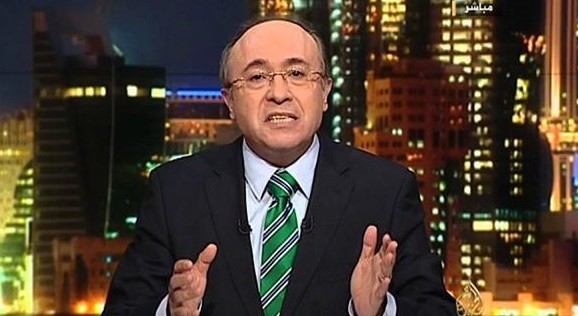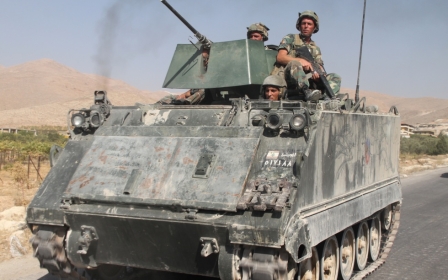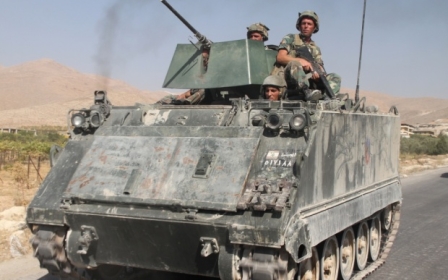Fury in Lebanon over tweet criticising the army

Lebanon's information minister Ramzi Jarih said on Monday he is mulling ways to take action against Qatar-owned satellite channel Al-Jazeera over a tweet by one of its presenters criticising the Lebanese army.
And Lebanese army supporters protested outside and then stormed the Beirut offices of Al-Jazeera on Sunday, the National News Agency said.
"A large number of citizens gathered outside Al-Jazeera's offices in Beirut," said the agency, adding that some protesters "peacefully entered" the building and "chanted pro-army slogans".
They also demanded that journalist Faisal al-Qassem resign.
A Lebanese army official said Sunday's protesters were "young citizens who support the army. They are simply carrying Lebanese flags and calling on Qassem and Al-Jazeera to apologise."
He said the army had deployed in the area as a precaution.
"There is nothing sectarian or dangerous about what is happening. The army is a patriotic institution."
The storming came after Qassem published photographs on Twitter showing top Lebanese singers performing in praise of the army, alongside a picture of rows of Syrian refugees rounded up in a raid on Thursday in the restive border town of Arsal.
The pictures carry the headline: "The successes of the Lebanese army."
The detainees were held more than a month after a bloody battle in Arsal between the Lebanese army and militants – both Lebanese and Syrian - who streamed across the border from Syria.
The kidnap and killing of Lebanese security forces by Lebanese and Syrian militants has increased tensions in Lebanon, leaving many Syrian refugees to face a sectarian backlash, which includes beatings and a string of sectarian kidnappings targeting them.
Lebanese troops who raided Arsal last week, were accused of burring the tents of a Syrian refugee camp and attacking the women and children there, before rounding up the men.
Lebanon is sharply divided over the war in neighbouring Syria, with many Sunnis supporting the revolt against President Bashar al-Assad, and many Shiites siding with his rule.
Middle East Eye propose une couverture et une analyse indépendantes et incomparables du Moyen-Orient, de l’Afrique du Nord et d’autres régions du monde. Pour en savoir plus sur la reprise de ce contenu et les frais qui s’appliquent, veuillez remplir ce formulaire [en anglais]. Pour en savoir plus sur MEE, cliquez ici [en anglais].




